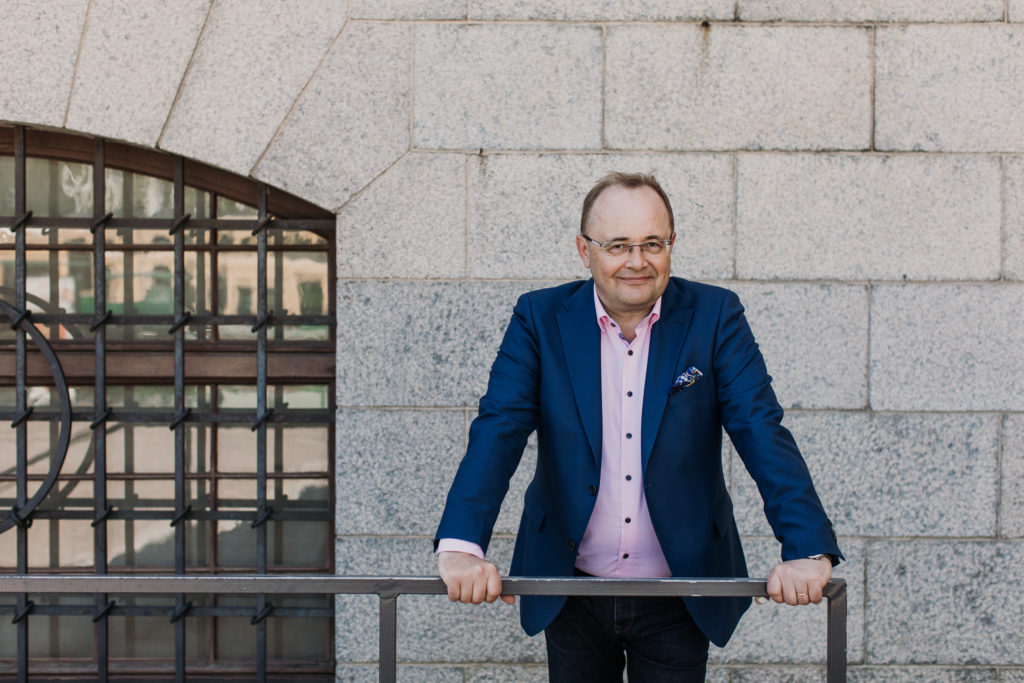
Communications consultancies are a popular topic of conversation today. Many people have opinions about them – more or less based on facts. Therefore, I will now correct a few common mistakes and explain why also you should apply for a job as a consultant. The industry needs more insightful and responsible people.
1. What is the difference between a communications consultancy and a PR agency?
In the English language, the term PR, Public Relations, covers communication very widely, from supporting strategic projects to media relations and corporate communication. A multi-year influence campaign at the EU level can be referred to as “a great case of classic PR”. Most Finnish communication agencies could be most aptly described as PR consultancies.
In Finland, PR is considered more narrowly as marketing support. That’s why talk about PR agencies has a different meaning in Finland and in international contexts. As another Finnishism, when the media uses the word “viestintätoimisto” (communications consultancy) they usually are talking about lobbying.
Communications consultancies provide a wide range of services, and yes, marketing is also involved there. However, many also have lobbying in their palette, and its importance is actually getting stronger. (And let’s repeat it, communications consultancies are happy with the transparency register which will be applied as of 2024.)
2. The work of communication consultancies is confidential
Most of the work of communication consultancies is not public. Not even all customers can be named. Sometimes the reason is a client agreement that prohibits disclosure even years after the cooperation has ended. In these cases, the customer wants to protect himself from competitors, not so much from the media or the public.
The reason can also be the confidentiality of the project – you cannot talk about the work if you are preparing an acquisition, a strategic project, a significant launch or another move that must remain secret.
3. Communications consultancies need a variety of talents
Communication combines language and culture, business understanding and interactive skills. At work you will then learn media expertise, digital strategy, latest social media trends, and branding. Among other things.
Consultants have different backgrounds. They may have graduated from arts schools, politics, business schools, or they have track record in digital marketing, international marketing or even in engineering. Diversity enables faster learning and familiarization with different industries.
4. Communication is also creative work
Rebranding projects represent the most wonderful form of communication. Crystallizing the customer promise requires both analytical and creative thinking. You just digest the whole world into three words and preferably in a selling way.
The same applies to business communication. Standing out in the daily stream of news requires ideas that intelligently link current discussions, the society’s values and the company’s strategic strengths.
5. Communication agencies cherish their ethical guidelines
I have been the chairman of communications consultancies at MTL and Marketing Finland for four years, 2018–2022. In addition to that, I have been a member of the board of communication agencies since 2011.
Based on this experience, I can say that communication agencies cooperate admirably to promote the development of ethical principles and expertise. The agencies are actively involved in, for example, VEN, the Communications Ethics Advisory Board, which compiles and supervises the industry’s ethical guidelines.
Summa summarum: we must be as uncompromising about the truth as quality media journalists are. When you work as a communication consultant, always find out the facts and, based on them, help your client communicate as convincingly and interestingly as possible.
Alpo Räinä